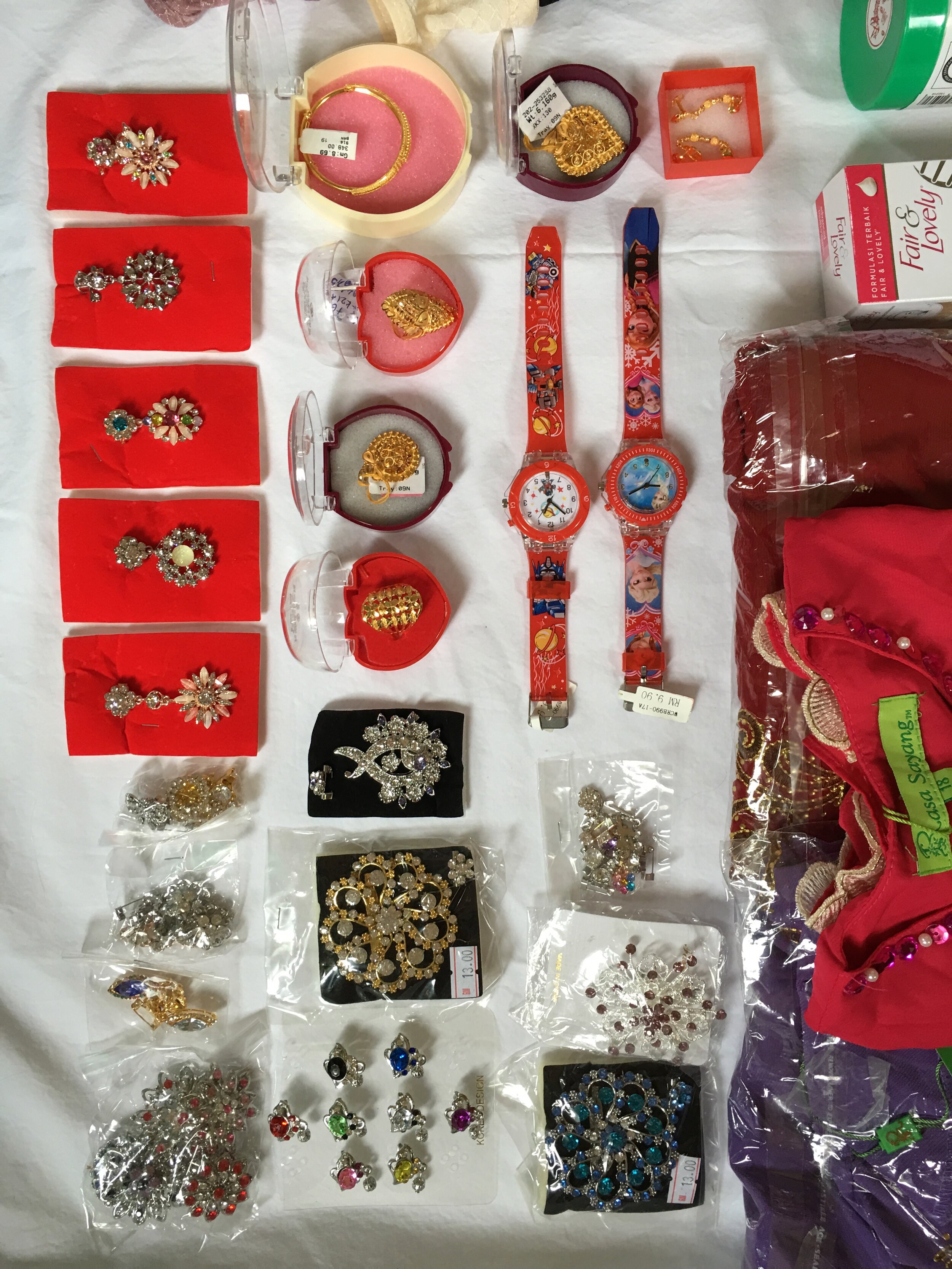Support from the South: How refugee labor reproduces cities
Funded by the National Science Foundation and developed in collaboration with HumanAid Selayang and Women’s Peace Network, my first book centers Rohingya refugee workers in an analysis of the relationship between forced displacement and development. I draw on data from 18 months of ethnographic fieldwork in four places connected through the Rohingya diaspora; Cox’s Bazar, Sittwe, Myanmar; Kuala Lumpur, Malaysia, and Aurora, Colorado. Moving beyond the factory floor and the scale of the nation, the book focuses on the spaces and scales of the body, the home, and the everyday to provide fresh analysis of how, why, and with what effects migrant labor is incorporated into wider processes of economic development entangled with city and town-led immigration interventions.
I show how processes of labor frontier-making rearrange social relations, labor regimes, and urban/semi urban spaces to generate surplus value while downloading costs onto migrants who are discursively framed as useless. This ethnographic study demonstrates the multi-scalar economic impacts of refugee work. Disrupting powerful discourses that, in one context, locate Rohingya refugees among “wasted” surplus populations, and in another context represent refugees as economic assets, this dissertation makes an enduring contribution to critical studies of displacement, development, and labor in Southeast Asia and the United States.
